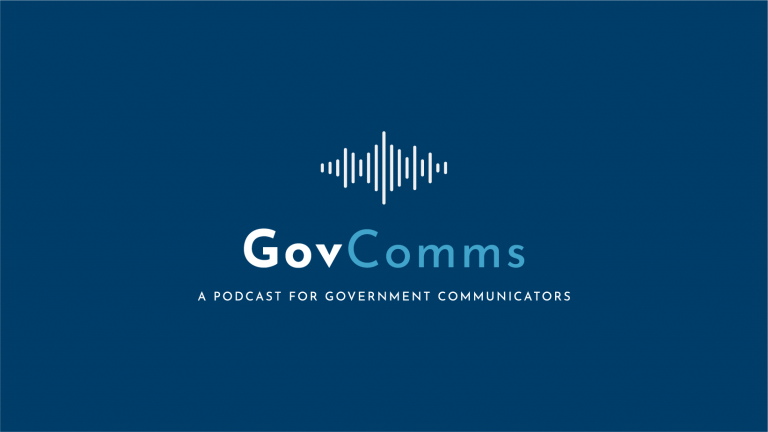On this episode of GovComms, contentgroup CEO David Pembroke speaks to Distinguished Professor at the University of Technology Sydney, Jim Macnamara. The two discuss the utilisation of technology in the communications profession, as well as the importance of listening and two-way communication.
Jim is an internationally recognized academic known for his pioneering research into measurement and evaluation of public communication. He is also considered one of the world’s leading experts on organizational listening. Jim recently presented at this year’s GovComms Festival on that very topic.
Jim and David delve into the intersection between technology and communications, explaining what technology skills need to be learnt by communications professionals. Jim talks about why he thinks communications has changed the most out of any profession over the past decade, and what communications professionals need to know about these changes.
Jim and David explore the ethical side of these technological changes, including the topic of privacy, social media algorithms, misinformation and fake news. Jim then explains why he thinks inter-disciplinary communication can be the solution to these ethical dilemmas.
Jim also discusses how technology can assist listening habits, whilst also touching on the importance of building listening cultures within government.
Jim discusses the nature of communication as a two-way process. He explains how and why communications, in its current form, has remained mostly one-way. Jim discusses why listening and effective engagement needs to be a core part of any communications practice.
Discussed in this episode:
- The past, present and future of the communications profession.
- The importance of ‘listening cultures’ within communications approaches, and how to foster two-way communication practices
- How the intersection of technology and communication is changing the way government communication operates, and what we need to know about these changes.
- How communications professionals can take their seat at the decision-making table.

